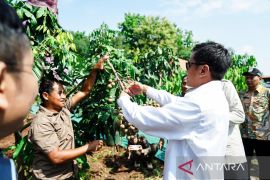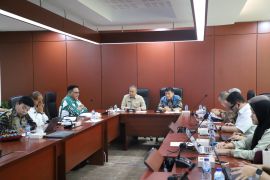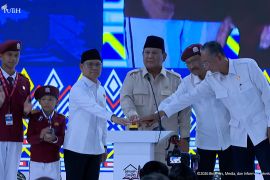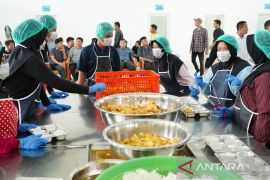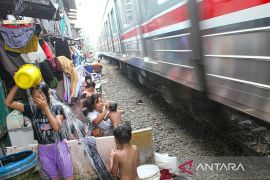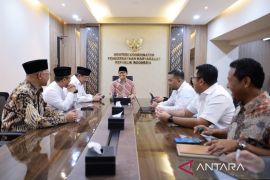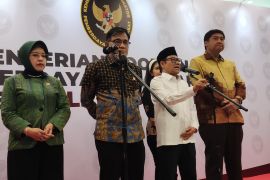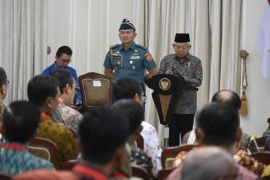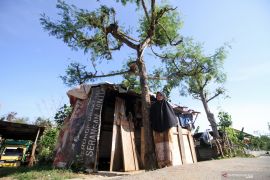However, the status of the flats’ residents necessitates that they search for sources of income and equip themselves with the skills required for running businesses. The government will provide them with business capital once they possess the skills.
Officials stationed in the flats are monitoring the progress made by the underprivileged families to ensure that their income reaches the level above the standard set by the World Bank, thereby escaping from the poverty trap.
Beneficiaries of the Pena Program in the flats are expected to not only have the capabilities of running businesses but also adopt a better lifestyle, so they will not be vulnerable to plunging into poverty.
On a wider scale, the Ministry of Social Affairs’s PENA Program has been providing benefits to regular social aid beneficiaries, persons with disabilities, beneficiaries of social rehabilitation assistance (ATENSI), and natural disasters' victims who lost their sources of income.
The ministry is expecting beneficiaries of the PENA Program to offer their products to those in the upper-middle class. To that end, it has been applying two measures, such as holding online trainings, with the aim of equipping the program’s beneficiaries with entrepreneurial and financial management skills.
In addition, the ministry has been empowering its youth product design organization, Tata Rupiah Nusantara, to redesign the products of micro, small, and medium enterprises assisted by the PENA Program.
In 2023, the total number of PENA beneficiaries had reached 12,967 KPMs. The results of the program began to become apparent in June, when 2,707 KPMs graduated from the program and were deemed ready to overcome extreme poverty.
The program continued to see a rise in graduates in the following months. They are also expected to be ready to graduate and remove themselves as beneficiaries of regular social assistance.
Translator: Devi N, Tegar Nurfitra
Editor: Anton Santoso
Copyright © ANTARA 2023

